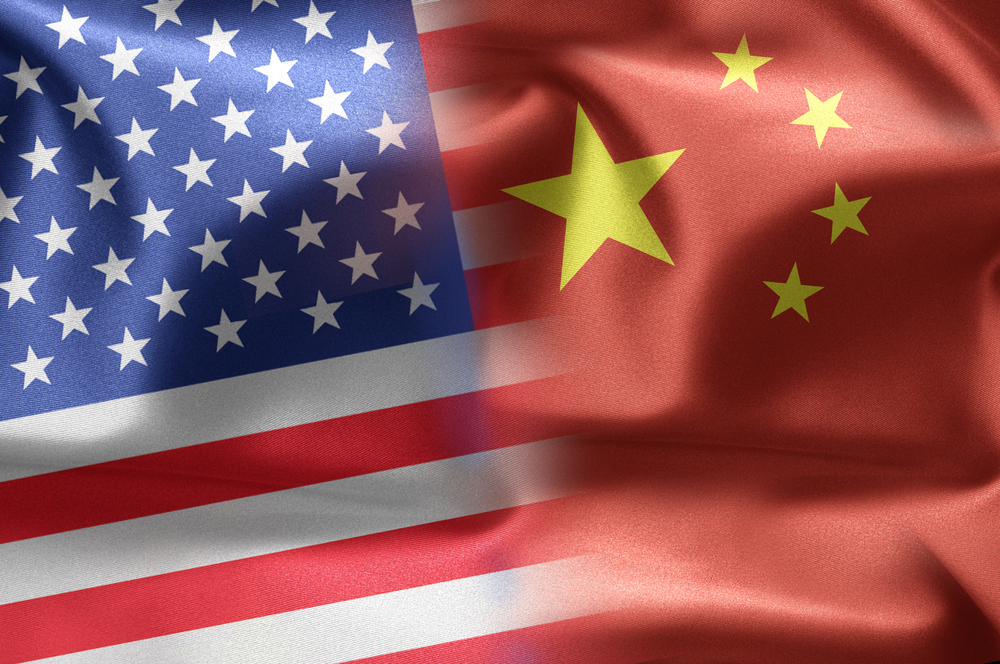Headline
Despite upbeat Obama trip to China, US panel expects continuing tensions with Beijing
WASHINGTON—Tensions between the U.S. and China have deepened during the rule of China’s president, Xi Jinping, and the risk of an inadvertent military clash in the Asia-Pacific is growing, a congressional advisory panel said Thursday.
The U.S.-China Economic and Security Review Commission criticizes “unsafe, unprofessional and aggressive” behaviour by Chinese military personnel in the past year as the rising power has intimidated its neighbours and challenged decades of American pre-eminence in the Asia-Pacific.
The commission’s annual report was drafted before President Barack Obama visited Beijing last week and agreed with Xi to improve military co-operation to help reduce the risk of a confrontation. Obama’s trip also yielded a breakthrough deal with Xi on combating climate change, seen as sign that despite their strategic rivalry and differences over human rights, the two governments can co-operate.
But since Xi came to power two years ago, the panel notes U.S.-China relations have been increasingly strained by China’s territorial ambitions in the East and South China Sea, where it has disputes with nations including U.S. allies Japan and the Philippines.
“It is becoming clear that President Xi’s government is willing to cause a much higher level of tension in the bilateral relationship than past administrations have. Unfortunately, China’s pursuit of a more confrontational relationship with the United States likely will persist,” the commission says.
Commission Chairman Dennis Shea said that conclusion still held, despite Obama’s upbeat visit to Beijing.
Shea said the trip improved the atmospherics between the U.S. and China, but fundamental problems remain. He cited continuing Chinese state-sponsored cyberespionage; an increasingly hostile environment for U.S. business in China; and Chinese military modernization aimed at least in part at countering the U.S. military in the Pacific.
The commission advises Congress on the national security implications of the relationship between the two world powers. It doesn’t set policy, and Beijing is typically very critical of its findings.
The report says the potential for “security miscalculation” in the region is rising, and that as China increases its military spending by double-digit percentages year after year, the balance of power is drifting away from the U.S. and its allies.
It notes that by 2020, China could have as many as 351 submarines and missile-equipped surface ships in the Asia-Pacific. The U.S. Navy, by comparison, plans to have 67 submarines and surface ships stationed or deployed to the region, the report says.
The commission cites several publicized incidents in which it says Chinese military aircraft and vessels have engaged in risky behaviour with Japanese and U.S. forces, which it says could have resulted in the loss of life or a major political crisis. It cited an incident in August when an armed Chinese J-11 fighter jet passed within 20 feet to 45 feet of a U.S. Navy P-8 surveillance plane.






















